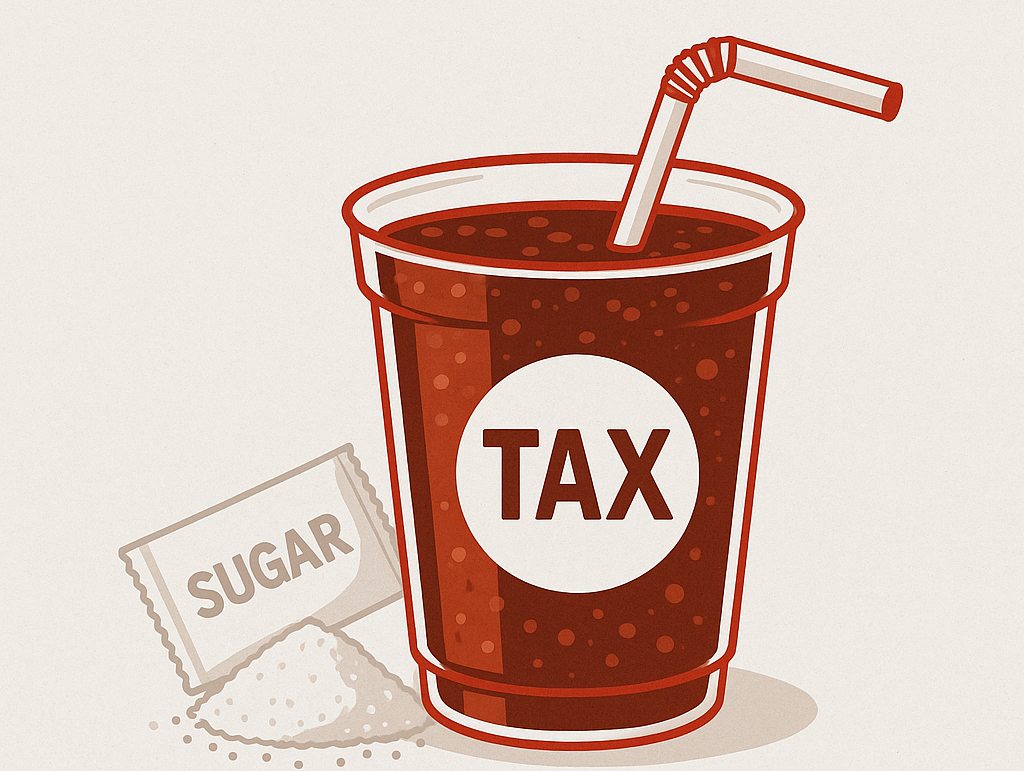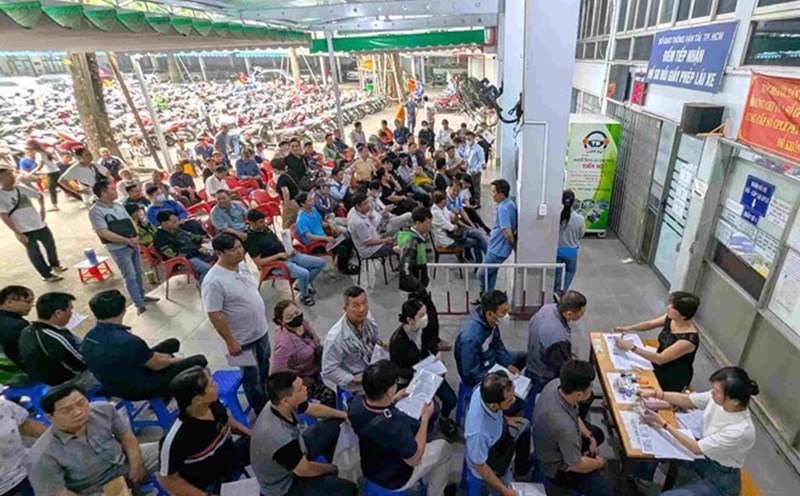Infectious diseases threaten the community
Non-communicable diseases are the leading cause of death, larger than all other causes of death combined. Vietnam is currently facing a dual disease model: in addition to infectious diseases, non-communicable diseases such as cardiovascular disease, cancer, diabetes, mental disorders... account for 84% of total deaths. Worryingly, for every 10 deaths from this group of diseases, there are 4 people under 70 years old. The rate of people aged 36-69 with diabetes has also increased rapidly in the past 10 years. This is a big pressure for the health care system in general.
Non-communicable diseases considered "silent killers" always pose challenges to public health due to the increasing incidence and serious consequences and sequelae. Therefore, strengthening the control of disease risk factors, promoting preventive measures, early detection and treatment management to limit the increase in the rate of people at risk, suffering from diseases, disabilities and premature deaths due to non-communicable diseases will help protect, care for, improve people's health and develop the country's economy and society.

Dr. Angela Pratt, World Health Organization (WHO) representative in Vietnam, said that in Vietnam, the incidence of non-communicable diseases is increasing rapidly, leading to overweight and obesity at an alarming level. In 2015, this rate was 15.6%, but by 2021 it had increased to 19.6%. More worryingly, in children and adolescents aged 5 to 19, the rate of overweight and obesity has more than doubled, from 8.5% (in 2010) to 19,0% (in 2020).
Many studies have shown that regular consumption of sugary drinks increases the risk of type 2 diabetes, cardiovascular disease, stroke and cancer. This habit contributes significantly to weight gain and obesity in both children and adults - leading risk factors for serious diseases, especially harmful to the health of young children.
Strong policies are needed
According to Dr. Angela Pratt, over the past 15 years, the consumption of sugary drinks in Vietnam has skyrocketed. In 2023, the average consumption per capita was 4 times higher than in 2009, equivalent to nearly 70 liters per year - about 1.3 liters per week.
In this situation, WHO recommends applying a tax on sugary drinks to increase the cost, thereby limiting consumption. This measure is especially effective for children and adolescents - a group of subjects more sensitive to price changes.
Currently, about 110 countries have implemented tax policies on sugary drinks, including 6 countries in Southeast Asia. According to the WHO, Vietnam is slower than many countries in applying taxes to prevent the harmful effects of sugary drinks.
Taxing sugary drinks, along with communication about healthy diets and measures to reduce risk factors such as smoking or alcohol abuse, is a suitable direction to reduce the burden of non-communicable diseases in Vietnam.
Dr. Nguyen Tuan Lam - WHO representative in Vietnam - warned that sugary soft drinks, whether using natural sugars or artificial sweeteners, stimulate appetite, increase the need to consume carbohydrates and sweets, thereby causing satiety disorder and forming unhealthy eating habits.
Faced with this situation, Dr. Lam recommends that Vietnam should soon apply a special consumption tax on sugary drinks, in order to regulate consumption behavior, especially among young people. He emphasized that this is a trend that has been effectively implemented by many countries in the world and in the ASEAN region. Vietnam cannot stay on the sidelines.
Ms. Dinh Thu Thuy - Department of Legal Affairs, Ministry of Health said that regular consumption of sugary drinks increases the risk of metabolic disorders such as type 2 diabetes, cardiovascular disease, high blood pressure, gout... In addition, it is harmful to teeth and negatively affects the skeletal system.
Sweetened drinks not only cause health damage, but also leave serious consequences for the economy, from health costs to reduced labor productivity - Ms. Thuy emphasized.
She said that applying a special consumption tax on this drink is one of the effective intervention solutions recommended by the WHO. This measure not only contributes to improving public health but also increases budget revenue and reduces pressure on medical costs in the future.
Concerns about the negative impact of taxation are insignificant compared to the long-term benefits. In the long term, it is necessary to build a roadmap to expand subjects and increase tax rates according to WHO's instructions" - Ms. Thuy commented.
She also said that the Ministry of Health has agreed with the plan proposed by the Ministry of Finance in Submission No. 147/TTr-BTC dated April 15, 2025. Accordingly, the special consumption tax on sugary drinks is expected to be applied from 2027 at 8%, and increase to 10% from 2028.











